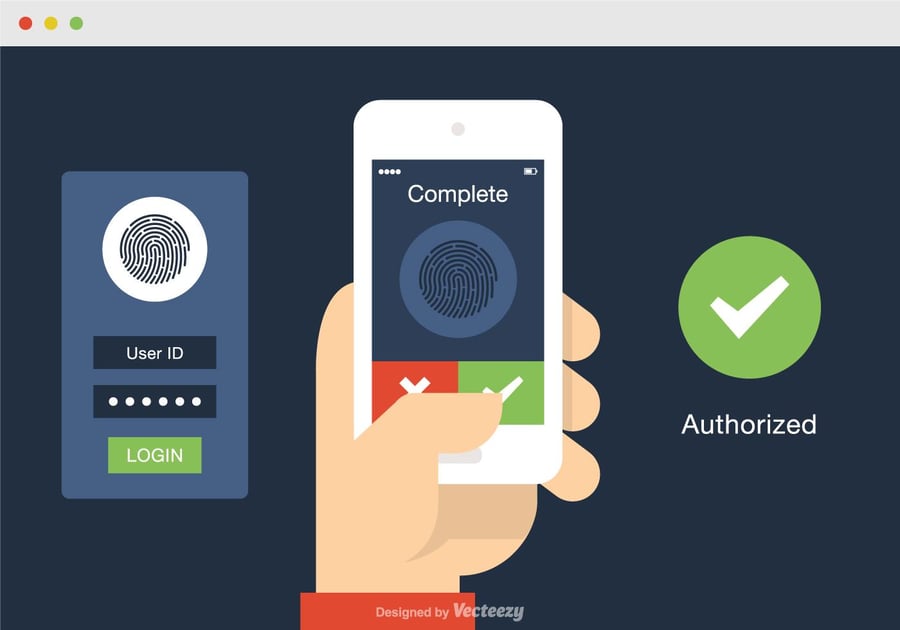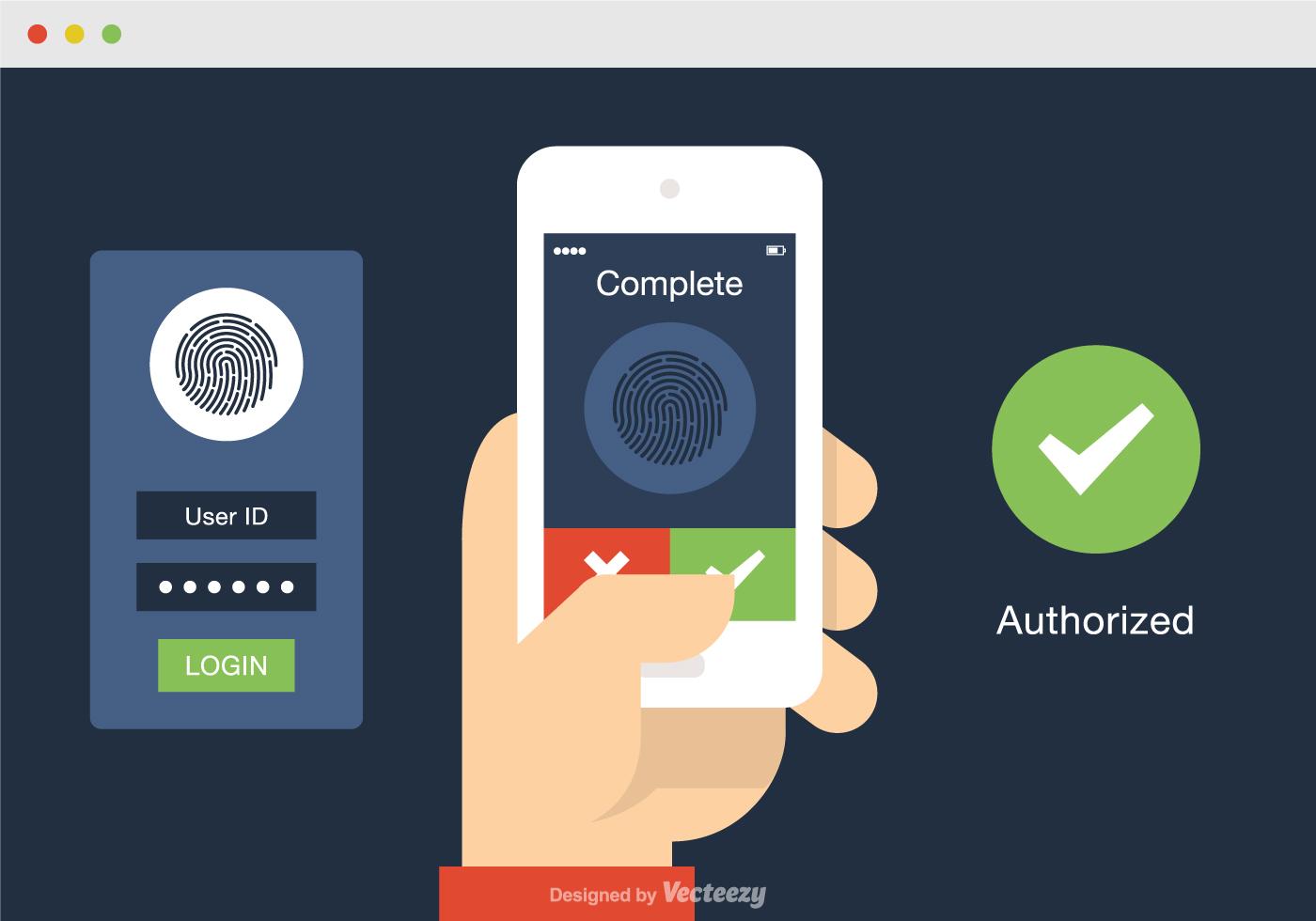7 Security Best Practices
July 19, 2019 •Jason Dell

The news is right, there are more and more companies that have been compromised by cyberattack. Companies of all sizes and verticals are targets, not just the big companies. Individuals are also targets.
Having the proper security controls is imperative for mitigating threats, but that needs to be supplemented by good old common sense. Below are a few things that YOU can do to help protect yourself:
Have a good password. These standards have changed repeatedly over the years. The general consensus now is that longer is better. Using a long passphrase is more secure than using a shorter complex password… but mix up your passphrase with a few special characters to make sure that it cannot be cracked using dictionary attacks. Consider song lyrics or movie quotes, and then change them up a little. Remember longer is better. Have fun with it!
Don’t reuse passwords. The problem is, as fun as long passphrase are, it is still difficult to remember a unique password for every application and service.
Use a password manager to remember all those passwords. Most password managers integrate with cell phones and browsers and auto fill the password for you. I don’t recommend using the ones that come with web browsers or with operating systems. Make sure your password manager master password is a very secure password, and I highly recommend enabling multi-factor authentication. Speaking of which…

Use multi-factor authentication anywhere possible! Nearly every cloud application has the ability to use Multi-Factor authentication.
Think before you click! See something interesting in an email or on a web page? Consider that it might be malicious before you click it. Be leery.
Call to verify a questionable email. Believe it or not, human being do still occasionally communicate using telephones. If you get an email that looks sketchy, call the sender and ask if
they really sent it.
Don’t talk to strangers. Get an alarming email, but don’t know who it’s from? If it looks questionable, and you don’t know who it’s from, just don’t open it.
Lock your screen! Visitors come through offices frequently. If you don’t lock your screen, then you may have a surprise waiting for you when you get back.
Get Updates
Featured Articles
Categories
- AI (19)
- Automated Technology (10)
- backup (1)
- Cisco (33)
- Cisco Live Update (1)
- Cisco News (2)
- Cisco UCS (1)
- Cloud Networking (5)
- Collaboration (26)
- compute (1)
- CyberSecurity (36)
- Data Center (33)
- Defense (1)
- DevOps (3)
- DisasterRecovery (1)
- DNA (2)
- Education (3)
- Encryption (1)
- Enterprise Networking (34)
- Full-Stack (1)
- Future (1)
- healthcare (2)
- hybrid cloud (1)
- Hybrid Cloud Strategy (1)
- Hyperconverged Infrastructure (1)
- Infrastructure Cost Optimization (1)
- Innovation (1)
- Innovative Technology (12)
- Internet of Things (2)
- IoT (2)
- Managed Services (11)
- Manufacturing (1)
- Modern Data Center (2)
- Monitoring (2)
- Network Management (4)
- Networking (3)
- NSI (1)
- nutanix (1)
- Observability (1)
- OT (1)
- Ransomware (2)
- SchoolTechnology (6)
- SD-WAN (1)
- SDN (1)
- securit (1)
- Security (77)
- security management (6)
- security strategy (9)
- SSE (2)
- sustainability (1)
- Telehealth (4)
- Telemedicine (1)
- veeam (1)
- Video (1)
- videoconferencing (1)
- Virtualization (2)
- VMware to Nutanix (1)
- webex (3)
- wifi (1)
- XDR (1)
- Zero Trust (8)



